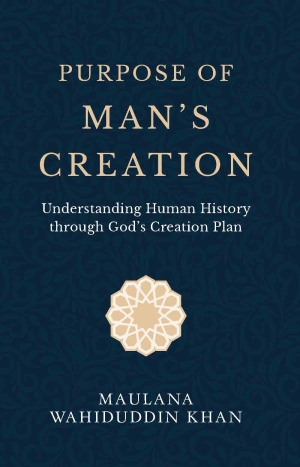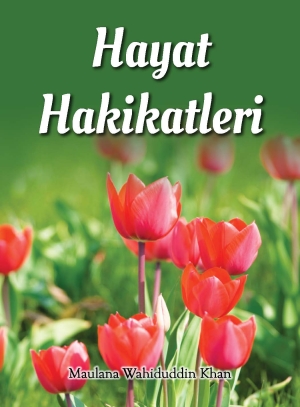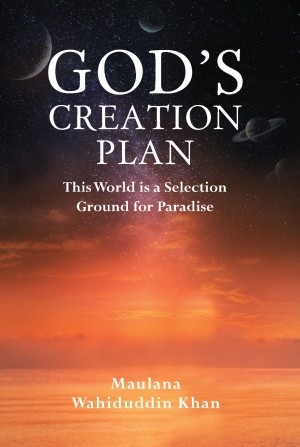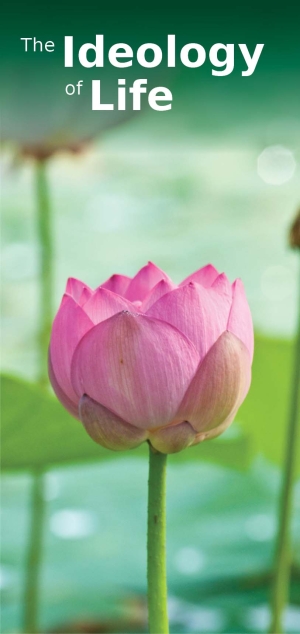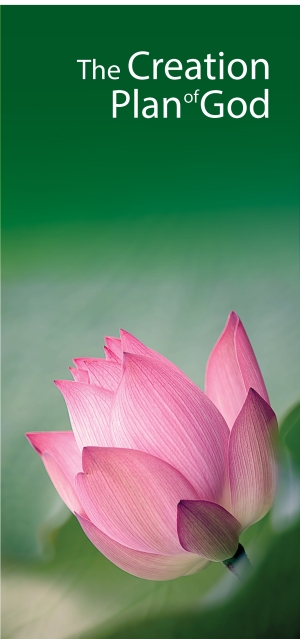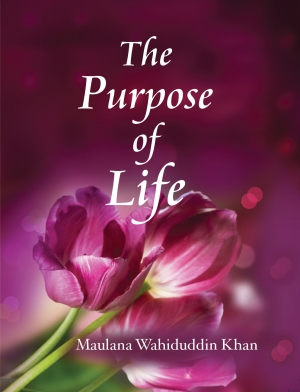To determine the purpose of life is, in short, the effort to make life meaningful according to the creation plan of God. It must surely be in accordance with man’s unique status, which leads man on the path to success and progress in his true nature.
According to Islam, Paradise is the goal of every human being. Moreover, the purpose of life is to make yourself a deserving candidate for Paradise. Can we say that spirituality is a powerful tool for managing stress? Yes. It is the mind that is the source of both joy and sorrow. So, when you rid yourself of your negativity by applying your intellect, you become free of tension. Tension results from moral unawareness, and we can have a tension-free life simply by creating proper awareness regarding our situation.
Accumulation of wealth is not the purpose of life. Similarly, attaining political supremacy is not the goal of the Islamic message. It is against the Divine plan that a community should make the attainment of political dominance its sole purpose and then strive to realise this objective.
Featured Articles
Featured Videos
FAQs
According to Islam, the present world is a place of work, while the world Hereafter is a place of reward. When one dies, life does not come to an end. One simply enters the second phase of life, that is, the world Hereafter. It is only in the present world that one can prove that one is deserving of Paradise in the world Hereafter. This opportunity ends at the time of death; after death, there is no opportunity to prepare oneself. Success and failure are both determined by one’s deeds in this world, in the pre-death period.
The basic theme of the Quran is to make the reader aware of the creation plan of God, according to which the present world has been created for a limited period of time. When this time is over and this world shall be brought to an end, the Day of Judgement shall take place. According to Islamic belief, it would be a Day of Justice where the deeds of every individual – good or bad – shall be laid bare and according to the deeds in the pre-death period, their final destination shall be decreed.
Entry into Paradise is not based on any kind of recommendation, and it is not anyone’s birthright. It depends totally on one’s deeds and how one uses one’s God-given freedom. The Quran is very clear on this point: “Man shall have only that for which he strives.” (The Quran, 53:39)
A believer surrenders to God in the present world itself. A person of true faith in God is modest. His speech and his conduct reflect his living faith in God. He thinks of God constantly watching over him. Some commentators on the Quran have defined a true believer as one who believes in the unseen in the manner in which he believes what is seen. A believer lives in this world in the same state that will overcome people when they directly see God on the Day of Judgement.
Source: God’s Creation Plan
According to Islam, God created man as an eternal being but divided his lifespan into two: the worldly life and the post-death life. While the pre-death period is temporary, the post-death one is eternal. To illustrate this, let us compare human life with an iceberg. An iceberg is a huge mass of ice floating in the ocean, but only about 10 percent of it is above the surface of the water, and the rest of it is underwater.
God has created a world called Paradise—an ideal world, a perfect world. According to the Quran, it is a place where man will find fulfillment of all his desires:
“Therein, you shall have all that your soul desires.” (The Quran, 41:31)
“[Paradise] is a place where people shall not fear, nor shall they grieve.” (The Quran, 2:112)
Our life on earth is just a preparation for the eternal afterlife. In this world, there are different kinds of situations and challenges. Man is here to face those challenges and prepare himself to be a deserving candidate for Paradise. In this sense, our life on earth is a world of opportunities. Those who avail of these opportunities and prepare themselves accordingly will be chosen and will be settled in Paradise after death.
In this life, there are all kinds of problematic and unwanted situations. But they have a purpose. They constitute a training ground that gives us a chance to cope with adversity, thus preparing us for eternal entry into Paradise. The Quran introduces Paradise thus: God calls man to the home of peace. (Quran 10:25)
Source: God’s Creation Plan
The existence of man is such a unique phenomenon that no other such example can be found throughout the vastness of the cosmos. Man is rightly called the ‘best of all creations,’ which means the best and most meaningful ‘being’ among all the things created. Such a ‘meaningful being’ cannot have been created without a purpose. The Creator of man has created him according to a special Plan. His intention being that man must spend a period of trial in this present, imperfect world, and subsequent to this, according to his deeds, he will earn the right to inhabit the perfect and eternal world, another name for which is Paradise.
The Creator of the world has created this world, as one half of a pair—the present world, in which we pass our lives after birth, is the first half; and the next eternal world where we live after death is the other half. The Creator of man has thus created him as an eternal creature and has divided his life into two stages—the pre-death period or the life in this world and the post-death period or the life after death. The limited period before death is meant to be a test for man, while the period after his death will be the period for his reward or punishment, based on his performance in the test in this life. This is the scheme of existence for this world as devised by its Creator. The real aim of creation is to select those who are fit to inhabit the world of Paradise.
Source: The Reality of Life
Death is by no means the termination of this life: It is the commencement of a new era. Death is simply the dividing point between the two stages of our life. Take the farmer’s planting of a crop as an example. He invests his capital in it and cultivates it, until such times as the crop ripens and dries up. Then he harvests it so that he can use the grain and store it up for his year’s requirements. Harvest is the end of one phase in the crops' development, during which time planting and cultivation had taken place. Before the cutting of the crop there had been only toil and expense; it is afterwards that he will enjoy the fruits of his efforts.
Source: Spirit of Islam April 2015







